With a 115-year-old history, Atlantic Street Center has been successfully serving multiple populations since 1910. We are honored to be able to have such a legacy that we can reflect on and be inspired by as we progress forward.
1910
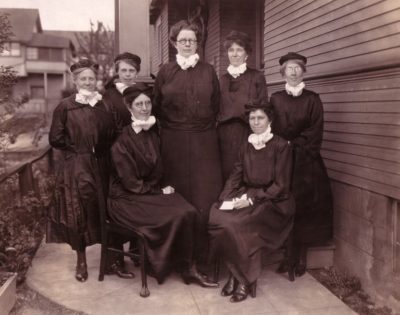
The Beginning of a New Support System
Much like it would again in another 100 years, Seattle is experiencing massive growth. The city’s population has grown almost 800 times
in thirty years, and demand for services has increased with it. Two young
Deaconesses of the United Methodist Church, nurse Jesse Gasser and teacher Mary
Jane Hepburn, found the Deaconess Settlement in response to the needs of the
burgeoning Italian immigrant population in Rainier Valley. They offer medical,
educational, spiritual and social aid to local families.
In the Central District
In response to ever increasing needs, the Settlement moves from a small house in Rainier Valley to its new brick building on Atlantic Street— Now ASC’s Charlotte Howland Building, named for the deaconess who served as superintendent for 20 years at the original settlement house.
1928
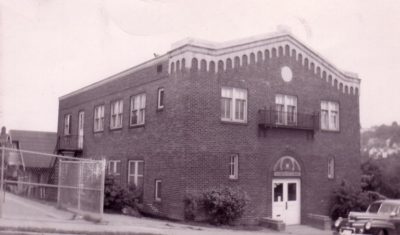
1950
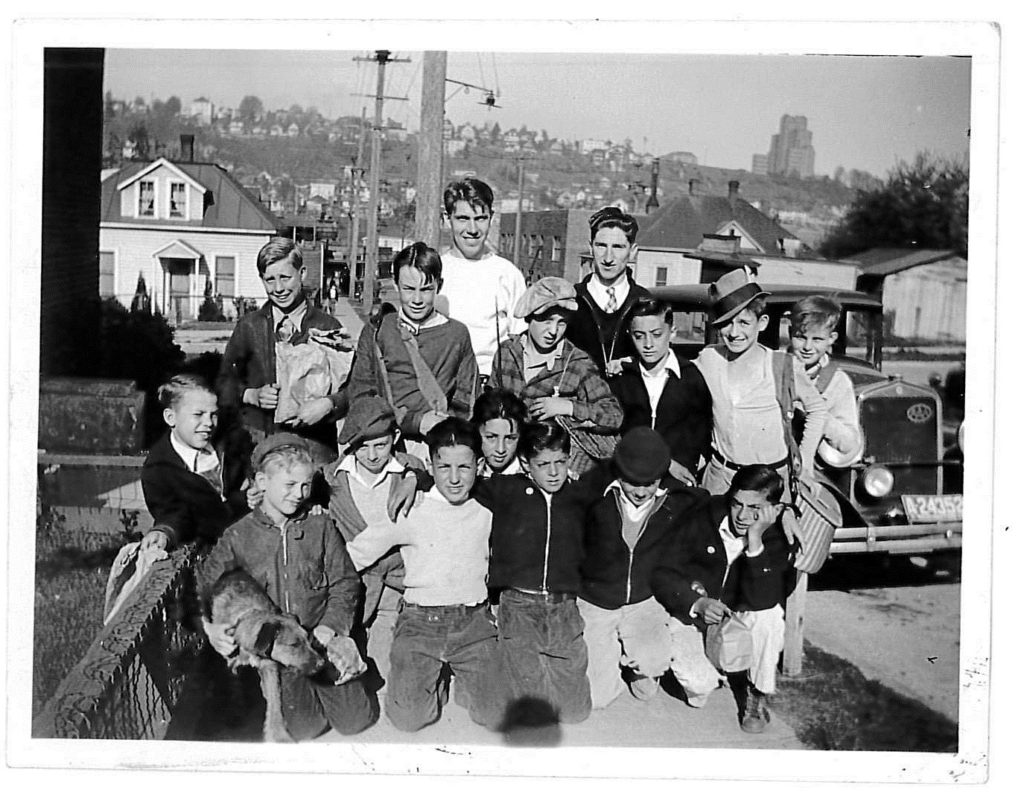
Changes
The community has been continually growing and shifting over the past 22 years. After recommendations by the Community Chest’s Health and Welfare council, the Settlement changes its name to Seattle Atlantic Street Center and shifts its focus away from religious practice and towards group work, recreation, and social work.
New Director
Tsuguo “Ike” Ikeda becomes ASC’s first Executive Director with a background in social work. He is also the first Asian American non-profit director in the country, and one of the first graduates of color from University of Washington’s School of Social Work. Meanwhile, the center develops and implements a school-based service model in response to the Community Chest study. This nuanced approach makes service access far easier for the communities served and is still a major element of ASC’s work.
1953
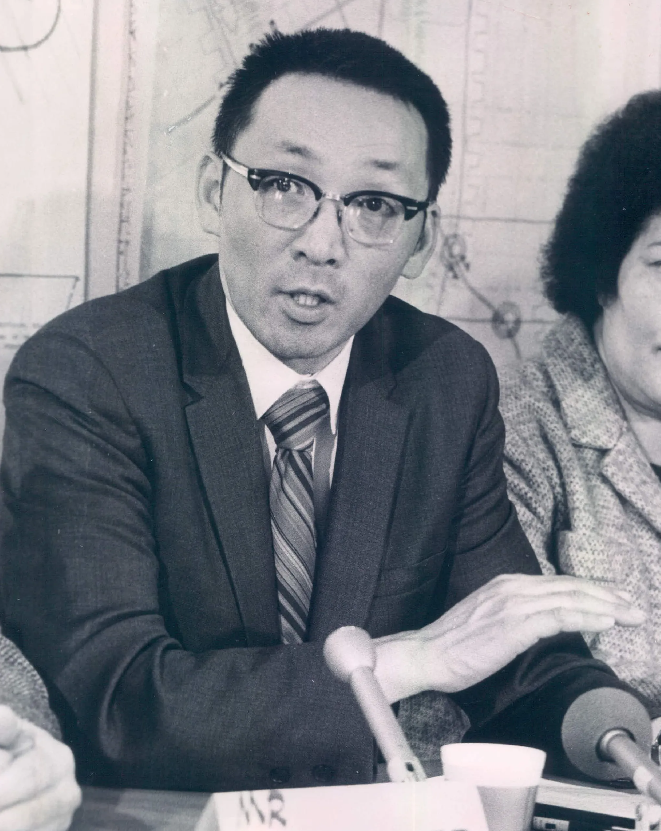
1960

Creating Spaces for Youth in Need
ASC shifts its focus once again, this time towards services
for troubled youth. Social workers from UW and many agencies around town are
brought on part time. The National Institute of Mental Health awards ASC a
major grant, which is put towards an influential and highly regarded seven-year
study on the effectiveness of social work with at-risk youth. The agency also
develops the first computerized case-study records system in the country.
Breakfast for Change
Throughout the 70s, various small projects are given to UW Social Work students, many of whom are later hired on as staff. Some student members of the Black Panther Party start a successful free breakfast program, but after the FBI begins an investigation into the Party, the students voluntarily resign in order to protect the Center’s federal funding.
1970
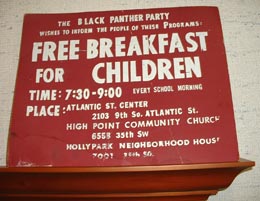
1981
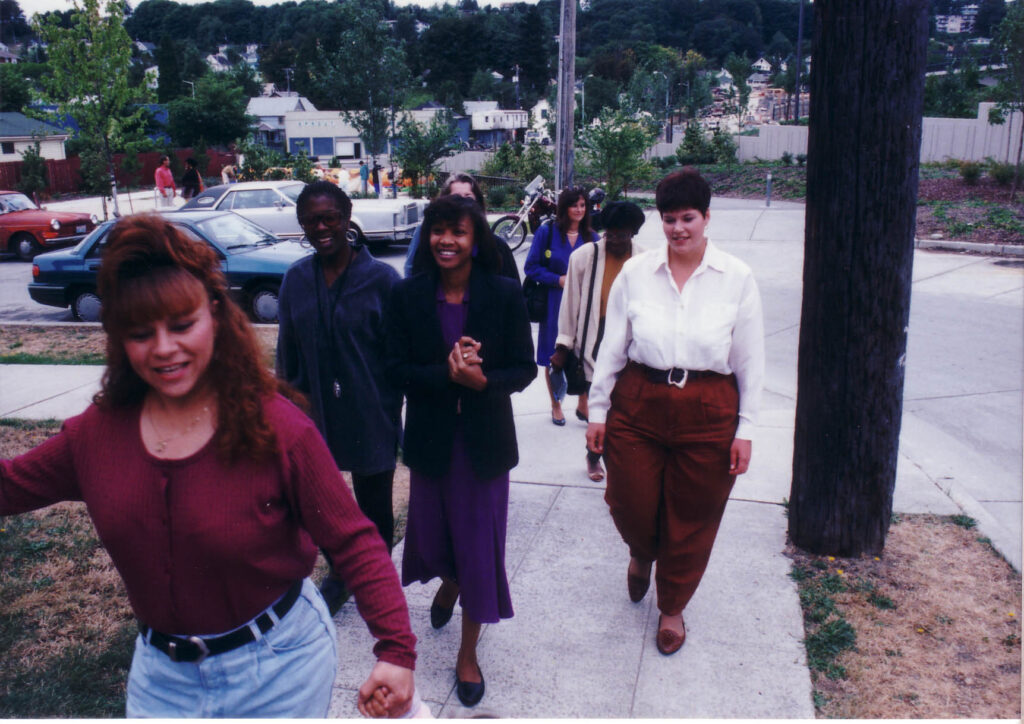
Coalitions
The agency drops “Seattle” from its name, becoming the Atlantic Street Center we know today. Counseling services are expanded, outreach to communities of color is broadened, and collaboration with community leaders is improved. A coalition of minority community organizations is formed in response to the needs of youth and families in their communities. The Seattle Assistance for Troubled Youth – Minority Outreach Program (SAFTY-MOP) is created by this newly formed alliance.
Incredible Leadership Continues
After a few years of interim directors following Ikeda’s retirement in 1986, David Okimoto takes over as the center’s second Asian American Executive Director. One of his major contributions to the Center is to shift the treatment model towards asset development—In other words, offering services before the problems they address even arise, by becoming a more active presence in the community. This is an approach still employed at the ASC Youth & Family Center and in our involvement with local schools and communities.
1987
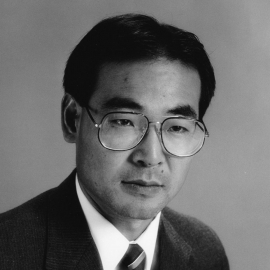
1998
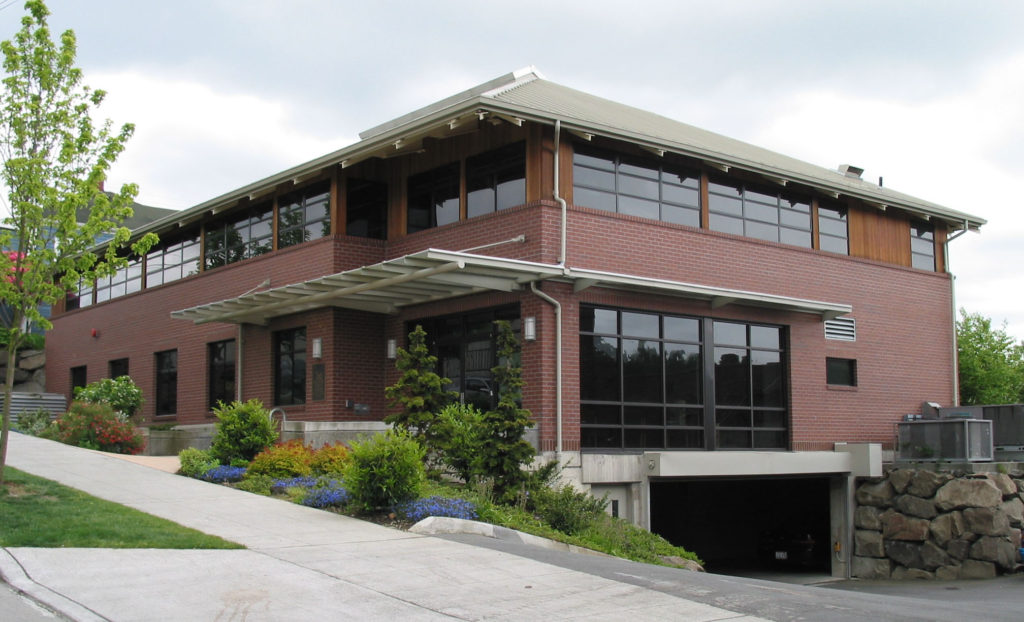
Giving Back
Franklin D. Raines — Rhodes Scholar, CEO of Fannie Mae, and one-time budget director to President Clinton — decides to give back to the agency that supported him as a neighborhood youth and donates $250,000 to ASC. The money is put towards the construction of a new, modern building, right next door to the existing Center, which is named for Raines at its dedication in November of 1999.
A New Legacy Starts
ASC, in collaboration with the Rainier Beach Community Center, holds its first Juneteenth Celebration in honor of the abolition of slavery. This event becomes a cornerstone of the agency’s programming every year, gathering the local African American community in a celebration of heritage and history.
2001

2002
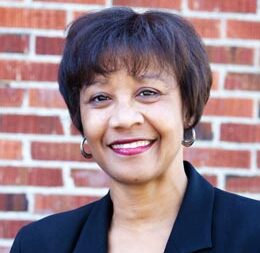
A Promotion
25-year ASC veteran Edith C. Elion, MSW, is appointed Executive Director, after starting as a Mental Health Therapist in 1977, and becoming Associate Director in 1988. She is the first African-American director of the organization.
Early Learning: A New Path
ASC becomes the first agency in Western Washington to offer the nationally organized ParentChild+ (formerly Parent Child Home Program), which provides high-risk families with educational support for young children, giving them new books and toys, and sending trained staff to help parents teach their children in the home.
2004
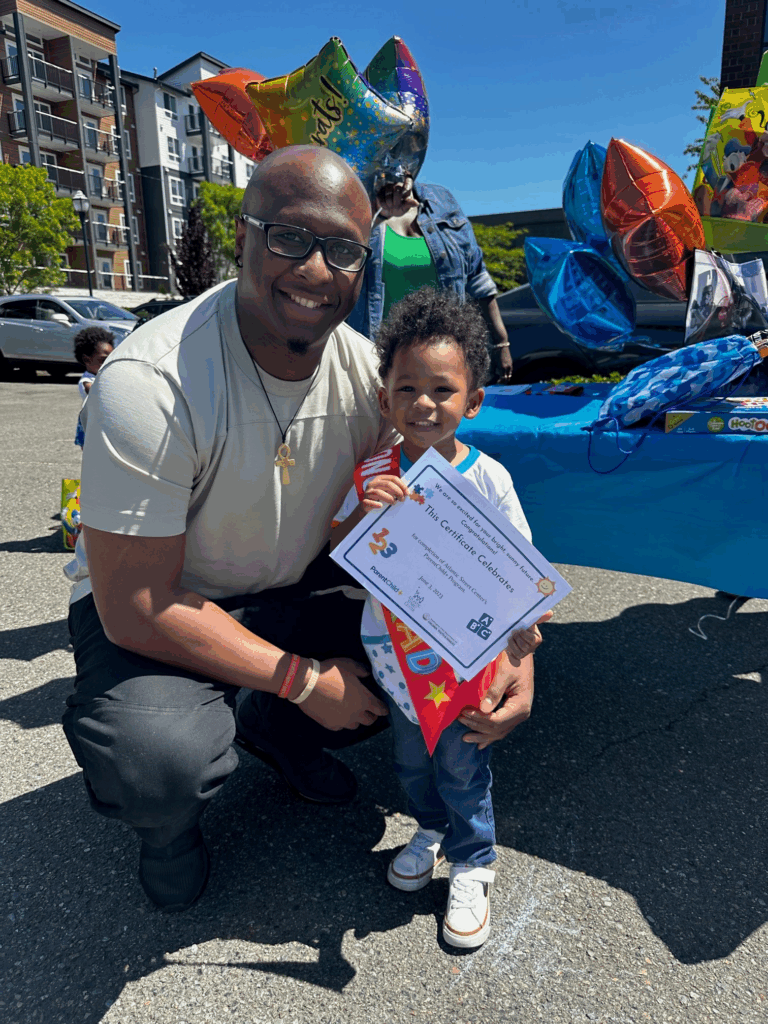
2019

Following Our Communities
Rising rents and a massive population influx push marginalized families to the southern parts of the Seattle area. ASC follows the lead of the communities it serves by expanding services into South King County and North Pierce County with the open of a new office in Kent. This year also sees the addition of a new team: a dedicated Gender-Based Violence staff offering advocacy and therapeutic services specifically tailored to survivors of a wide variety of abuse and violence.
New Beginnings in Tumultuous Times
As the COVID-19 pandemic causes immense hardship for our community, ASC successfully moves all its services to virtual or socially-distanced platforms. In July 2020, long-time ASC supporter and former Board Member Terry Pottmeyer, J.D., assumes the role of Interim Executive Director while the Board conducts a nation-wide search for a new leader who can help ASC recommit to its mission and anti-racist goals as an organization. In May 2021, they find that leader in Dr. Pela S. Terry, who comes to ASC with decades of experience in nonprofit management and social justice in New York State.
2020
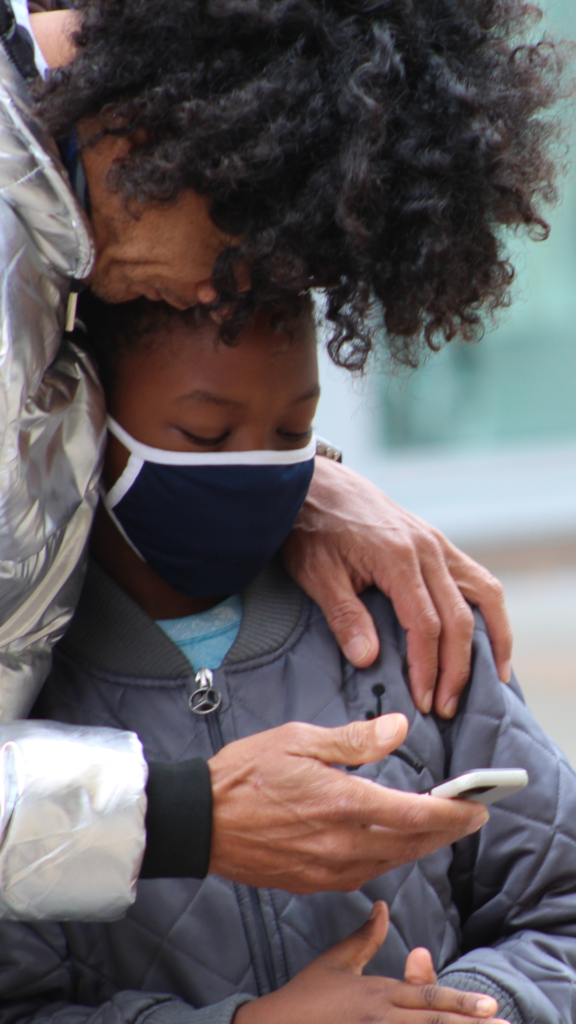
2021
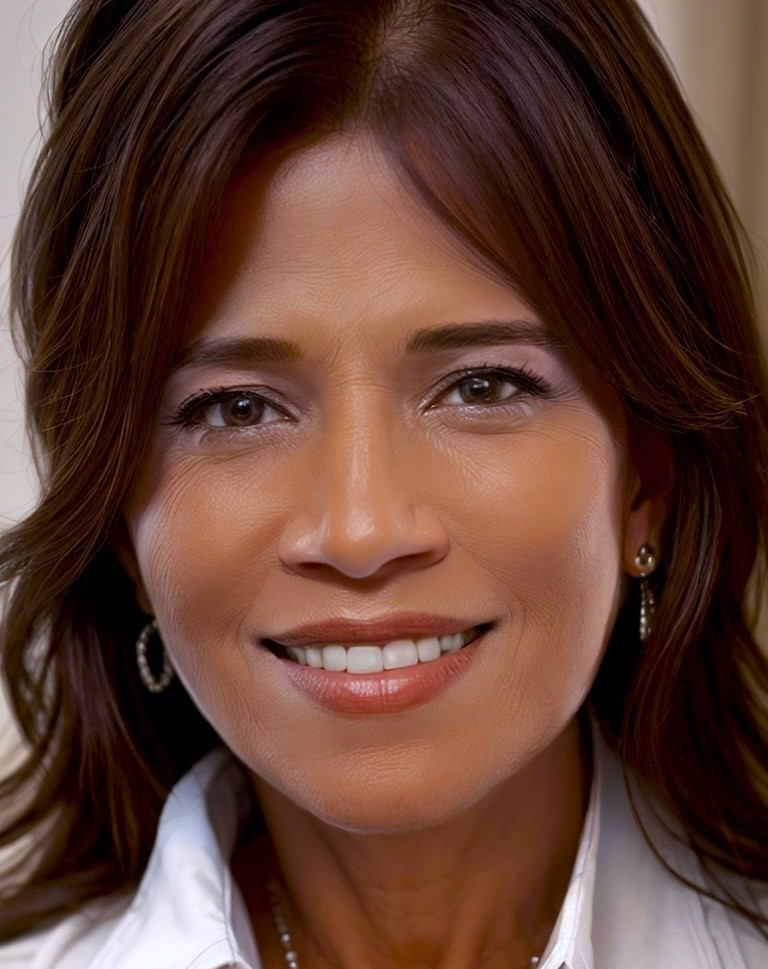
A New Thought Leader
Dr. Pela Terry, Ed.D. is selected as Atlantic Street Center’s newest Executive Director in May of 2021. She arrives at ASC with thirty years of professional experience having worked in both the mid-west and the east coast. Under her first year of leadership, she establishes the Being an Anti-Racist Organization (BARO) Group, a makeup of ASC colleagues that spearhead agency-wide anti-racist roundtables and educational opportunities.
Traditions Return
ASC is able to bring back some in-person events, including the annual gala. 2022’s Embrace, Build & Advance Gala was the agency’s first in-person gala in nearly three years. The organizations also celebrates its seventh year of the CoRe gaming initiative, a segment of the Behavioral Health Program that helps young people grow their interpersonal and communication skills through video games.
2022

2023

Learning Goes Year-Round
The Early Learning Program expands two-fold! It is now able to offer its services to families in need all year long. Early Learning Specialists can visit with children and their adults during the summer, not just during the school year. In addition, the program now provides access to a medical professional so that families to ensure their young children are hitting important physical milestones. This means that more families can receive expanded much-needed services to help their children be on the same playing field as their more affluent peers.
Support Around the Clock
Thanks to the organization’s first federal grant, our Gender-Based Violence Support Program was able to establish a 24/7 hotline. Those experiencing violence in the home or in a relationship can now Atlantic Street Center any day and time, and they will be connected to someone who is equipped to provide support and next steps.
2024

